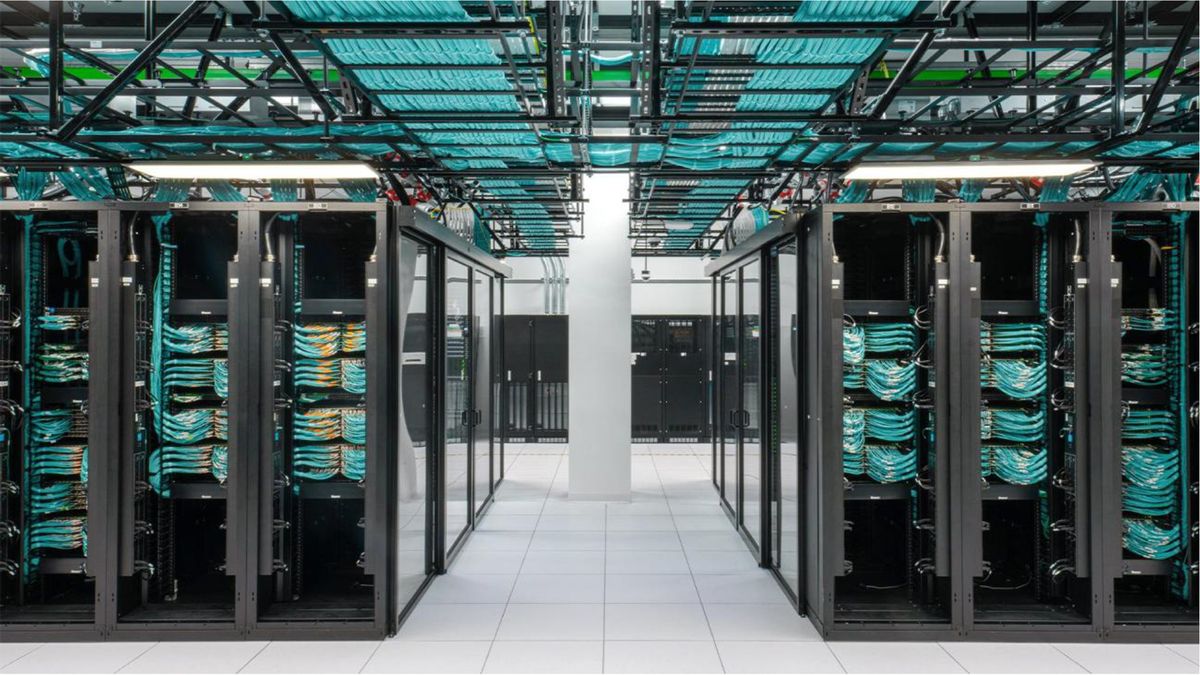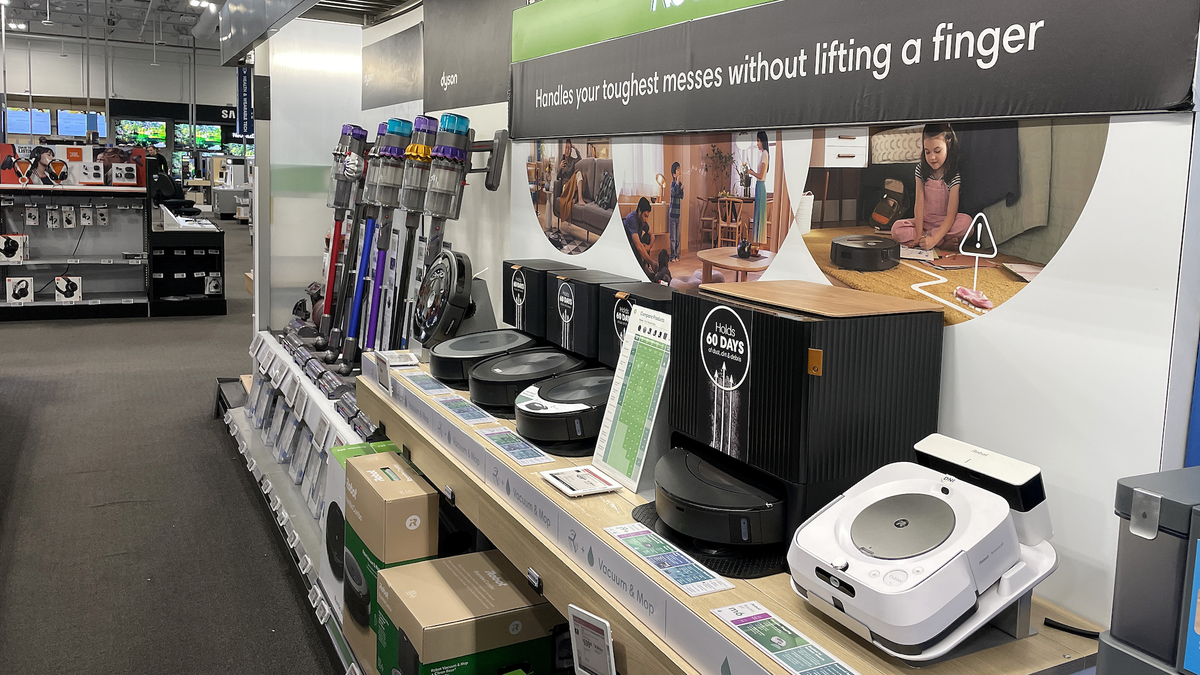A federal judge ruled in a high-profile antitrust case against Google on Tuesday with some good news and bad news for the tech giant. The good news for Google is that it won’t have to sell off its Chrome browser, which was a very real possibility. Google’s stock soared in after hours trading on the news.
The bad news for Google was that it will be required to share data with its rivals and can’t sign many of the exclusive contracts that helped the company become so dominant in the industry.
The ruling, which is available on Court Listener, comes from Judge Amit P. Mehta of the U.S. District Court for the District of Columbia, who first ruled in Aug. 2024 that Google’s search business was an illegal monopoly.
“Google will not be required to divest Chrome; nor will the court include a contingent divestiture of the Android operating system in the final judgment,” the ruling states. “Plaintiffs overreached in seeking forced divesture of these key assets, which Google did not use to effect any illegal restraints.”
The Chrome browser has about 3.5 billion users, which is pretty impressive when you remember that there are only about 8.1 billion people on the entire planet. And AI company Perplexity even made an unsolicited offer to by Chrome last month, though it was considered to be a stunt by many tech industry watchers. Perplexity was offering $34.5 billion but was only valued at the time at about $18 billion, according to the Wall Street Journal.
Tuesday’s ruling explained that Google will need to share “search index and user-interaction data, though not ads data,” with “qualified competitors.” The ruling also says the company “will be barred from entering or maintaining any exclusive contract relating to the distribution of Google Search, Chrome, Google Assistant, and the Gemini app,” though there are a lot of carve outs that will allow Google to enter contracts in order to not harm downstream businesses.
Google also won’t be required to present users with “choice screens on its products or encourage its Android distribution partners to do the same,” according to the ruling. And it won’t have to underwrite a nationwide public education campaign. The U.S. government has presented various remedies after Google was found to be a monopoly, but the judge considered some to be “improper” demands.
Google didn’t immediately respond to a request for comment Tuesday evening. Gizmodo will update this article if we hear back. But the tech giant has previously said it plans to appeal the ruling that it’s operating an illegal monopoly.
At least one of Google’s competitors was unhappy with the ruling. “We do not believe the remedies ordered by the court will force the changes necessary to adequately address Google’s illegal behavior,” a spokesperson for DuckDuckGo told Gizmodo in an email Tuesday.
“Google will still be allowed to continue to use its monopoly to hold back competitors, including in AI search,” the spokesperson continued. “As a result, consumers will continue to suffer. We believe Congress should now step in to swiftly make Google do the thing it fears the most: compete on a level playing field.”
It seems very likely that Google will engage in some lobbying of the Trump administration behind the scenes as this case is appealed. President Trump has made no secret of the fact that he regularly meets with powerful people in the business world, whether it’s behind closed doors like he did with Intel CEO Lip Bu-Tan or more publicly like he did with Apple CEO Tim Cook.
Trump publicly lambasted Bu-Tan but then met with the head of Intel, leading to the U.S. government taking a 10% stake in the company. The move shocked many on Wall Street, even among people who support the president. But it seems like Trump is more than willing to intervene in private businesses when he thinks it’s to his advantage.
Will Trump make a play for Google in some way? The tech giant doesn’t need a cash injection like Intel. But there’s always something to trade when powerful interests need a favor. Google contributed $1 million to Trump’s inauguration fund and Google CEO Sundar Pichai visited Trump at Mar-a-Lago not long after the election.
Pichai was even spotted at the church service on Jan. 20, 2025 before Trump’s inauguration, right there behind Meta CEO Mark Zuckerberg, Tim Cook, and Amazon founder Jeff Bezos.
 Meta and Facebook CEO Mark Zuckerberg (L) CEO of Apple Tim Cook, Founder of Amazon and Blue Origin Jeff Bezos attend services as part of Inauguration ceremonies at St. John’s Church on January 20, 2025 in Washington, DC. © Photo by Anna Moneymaker/Getty Images
Meta and Facebook CEO Mark Zuckerberg (L) CEO of Apple Tim Cook, Founder of Amazon and Blue Origin Jeff Bezos attend services as part of Inauguration ceremonies at St. John’s Church on January 20, 2025 in Washington, DC. © Photo by Anna Moneymaker/Getty ImagesIt should be very interesting to see what happens as Google appeals this one.








 English (US) ·
English (US) ·